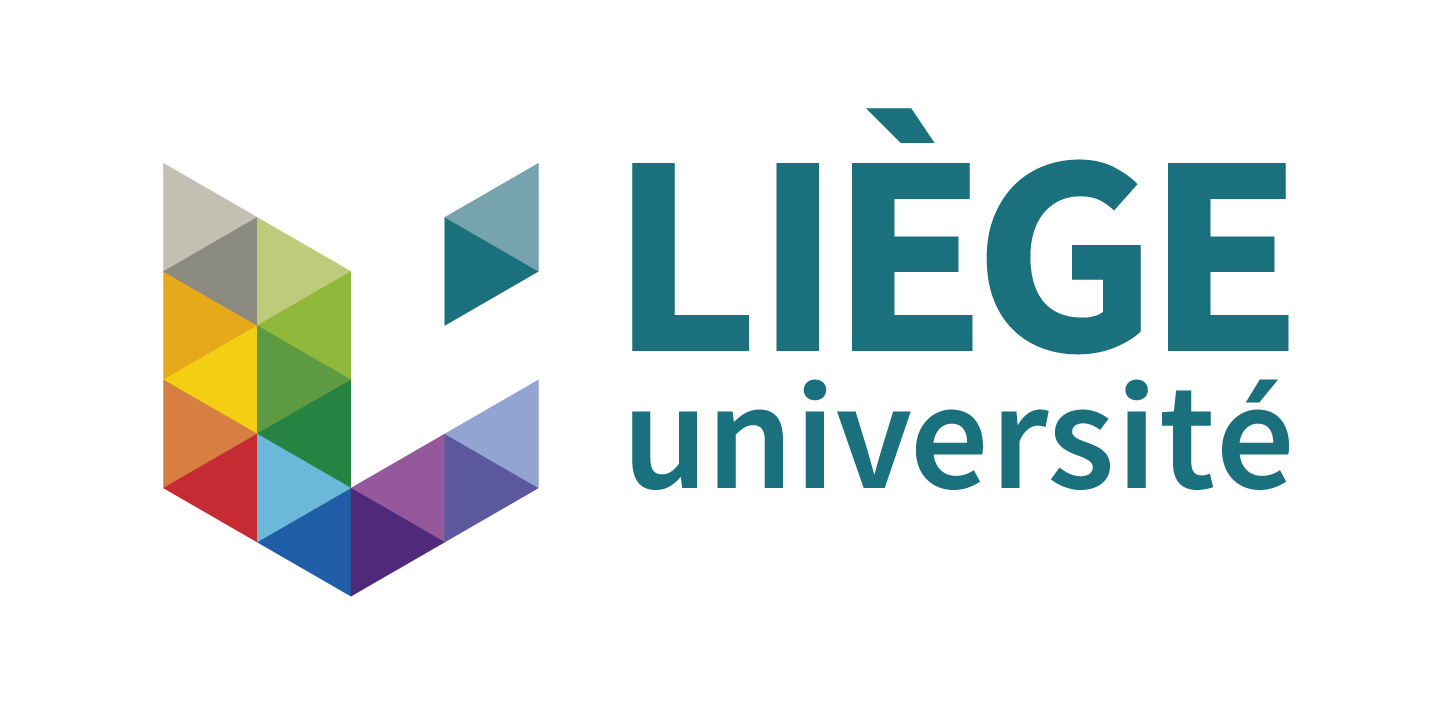Raising awareness about the risks and breaches of Freedom of Scientific Research
On 13 July 2021, the Council of the European Union (EU) published a note with in object the “Opinion on the implementation of the Bonn Declaration on Freedom of Scientific Research in International Cooperation in Research and Innovation”[1].
Specifically, the note was sent by the European Research Area and Innovation Committee Secretariat of the Strategic Forum for International Science and Technology Cooperation (SFIC) to Member States delegations.
SFIC[2] has been created to pursue the objective of the European Research Area (ERA), to achieve and implement the single market for research, innovation and technology across the EU. More specifically, SFICis the ERA group responsible for the priority area[3] “international cooperation”.
International cooperation is critical for Research and Innovation (R&I), as far as it provides the means to better address the global and local challenges by establishing bilateral and multilateral cooperation, and agree on joint values and principles.
The importance of focusing on the topic of the academic or research freedom has been further confirmed inter alia by the inglorious data available on academic freedom for the year 2020[4]. It results that the 80% of people around the world live in countries that restrict academia and scientific freedom. The breaches of such a freedom may have different nature, going from the breach of expression or association freedom to the breach of scientific freedom because perceived as threatening by authorities or other groups.[5]
Scientific research has to comply inter alia with international and national legislations related to the non-proliferation of weapons of mass destruction (WMD). Remarkably, it must comply with export controls on dual-use items, being itself a potential dual-use item in specific circumstances. A research may indeed involve or result in an item that can be used both for civil and military applications. The approval/disapproval of the particular export is always delicate and by principle should always try to ensure the right equilibrium between academic freedom and security concerns. Most of the time researchers are not even aware or the potential misuse of their results and therefore may miss the opportunity to apply for a licence or to communicate somehow with the competent authorities.
In this respect, the SFIC’s Opinion invites, in recommendation 14, research organisations to contribute to raising awareness on the delicate question of dual-use and potential risks and breaches of the freedom of research in international collaboration, notably related to the potential misuses of research outcomes .
On the whole, the SFIC’s Opinion aims at promoting that freedom in international cooperation, providing recommendations to different targets: the European Commission; EU Member States; Third and Associated Countries; Research organisations, research funding organisations and universities.
The recommendations have been issued to support the “Bonn Declaration on Freedom of Scientific Research”[6], being the declaration adopted at the Ministerial Conference on the European Research Areaon 20 October 2020 in Bonn. In nuce, it reaffirms the relevance of freedom of scientific research, the role of the different actors involved, including governments and research organizations.
[1] SFIC Secretariat, “SFIC Opinion on the implementation of the Bonn Declaration on Freedom of Scientific Research in International Cooperation in Research and Innovation”, 13 July 2021. Available at: https://data.consilium.europa.eu/doc/document/ST-1356-2021-INIT/en/pdf
[2] Council of the European Union, “Revised mandate for SFIC”, 11 April 2016. Available at: https://data.consilium.europa.eu/doc/document/ST-7308-2016-INIT/en/pdf .
[3] The European Research Area (ERA) is based on six priorities as follow: 1. more effective national research systems, 2a. optimal transnational cooperation and competition, 2b. research infrastructures, 3. open labour market for researchers, 4. gender equality and gender mainstreaming in research, 5. optimal circulation, access to and transfer of scientific knowledge, 6. international cooperation.
[4] https://www.gppi.net/media/KinzelbachEtAl_2021_Free_Universities_AFi-2020.pdf
[5] The interest group Scholars at Risk lists three potential risks for academic freedom: (1) risks related to the content of a scholar’s work, research, or teaching being perceived as threatening by authorities or other groups, (2) risks related to the individual’s status as an academic or researcher or (3) risks related to their peaceful exercise of basic human rights, in particular, the right to freedom of expression or freedom of association. Source : SFIC Opinion, p. 2.
[6] “Bonn Declaration on Freedom of Scientific Research”, adopted at the Ministerial Conference on the European Research Area on 20 October 2020 in Bonn. Availble at : https://www.humboldt-foundation.de/fileadmin/user_upload/Bonn_Declaration_en_final.pdf



No responses yet